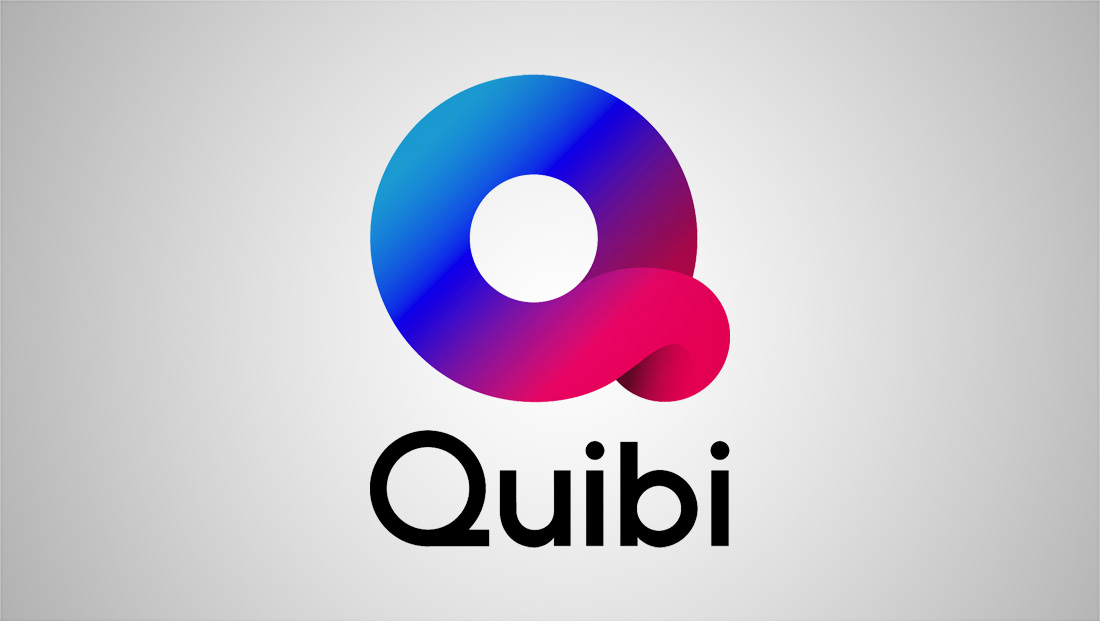Quibi calls it quits just six months after launching
By MixDex Article may include affiliate links

Quibi is shutting down after just six months, the company announced Oct. 21, 2020.
The company was founded as NewTV in August 2018 and launched its “short form” video offering in April 2020 and raised over $1.75 billion from investors, including $5.5 million from founder Jeffrey Katzenberg.
The launch came while many parts of country were being told to stay at home — which put more people in front of bigger screens as opposed to the mobile only format Quibi offered.
Much of the billion dollar plus raised went to attracting high profile talent ranging from Jennifer Lopez, Chrissy Teigen, Sam Raimi and Andy Cohen. All of its content was offered in “quick bites” that typically ran under 10 minutes each.
It also inked deals with NBC News, The Weather Channel and other outlets for news and weather content, but ultimately the content library was still very limited, especially when comparing it to that of streaming powerhouses Disney+, Hulu, Peacock and others.
The idea was to cater to mobile users on the go who didn’t have time to watch entire traditional 30 or 60 minute program — though many media watchers noted Quibi seemed to be trying to create a solution for a problem that didn’t really exist.
The service stumbled early — including an outage on its first day and also failing to provide media outlets with access to content beyond telling them to sign up for a free trial.
Quibi also was asking users to pay $4.99 a month to watch content with ads — and viewership was reportedly so low that high profile advertisers began deferring payments for ads just one month after launch.
An ad free version was $7.99 a month, a price point above Apple TV+’s cost (which is free of advertising and, despite its small but growing content library, offers full length shows) and just $2 less than Disney+ (which offers a mostly ad free content library that’s enormous in comparison to Quibi).
In addition to Katzenberg, a former Disney exec, CEO Meg Whitman invested $10.5 million with the rest coming from backers that included major Hollywood studios, tech giants and investment banks.
Popular Searches
- TV Industry News
- Broadcast Engineering News
- Broadcast Design News
- TV Talk Shows
- TV Syndication
- TV Advertising
- TV News Jobs
- TV Industry Mergers and Acquisitions
- TV Anchors
- Cable News
- Late Night TV
- TV Syndication News
- Broadcast Industry News
- TV News Drone Journalism
- TV News Augmented Reality
- TV Weather Forecasting
- TV News Journalism
- TV News Ethics
- OTT News
- News About NBC
- News About CBS
- News About ABC
- News About CNN
- News About MSNBC
- News About Fox News

